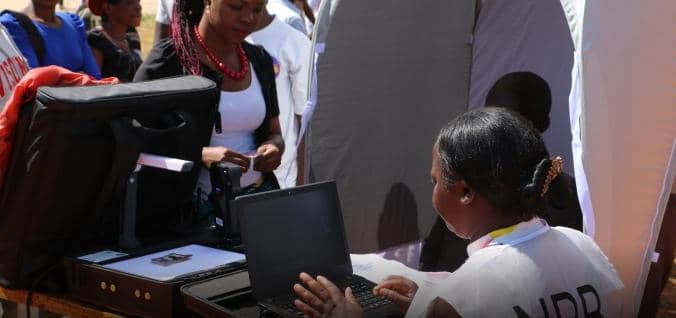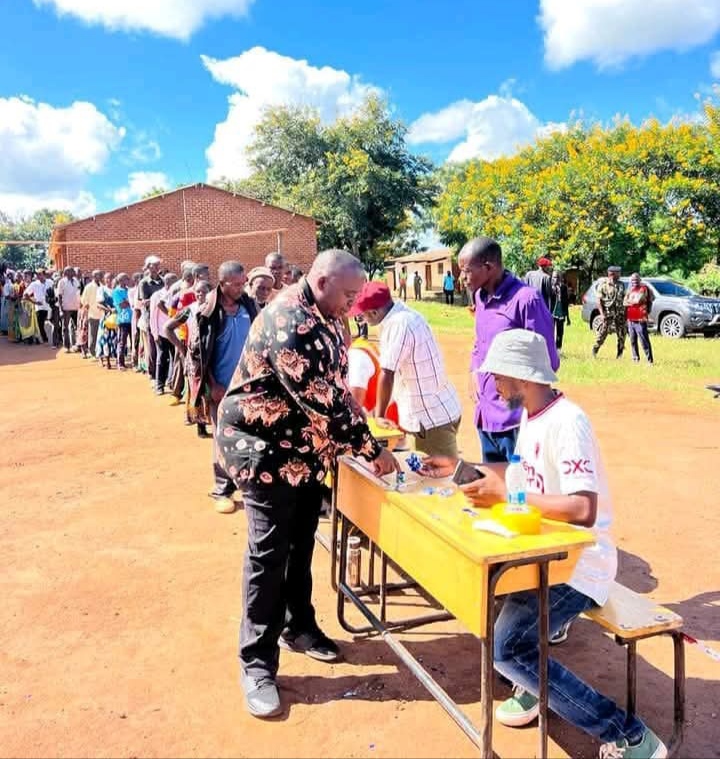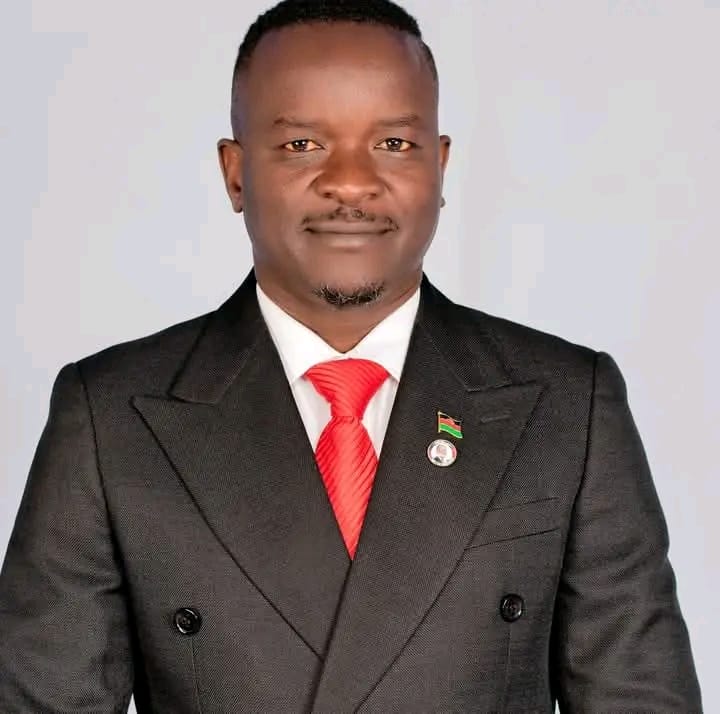By Burnett Munthali
Mphatso Augustine Sambo, who played a pivotal role as one of President Lazarus Chakwera’s witnesses in the 2019 election case, now serves as the Secretary General of the National Registration Bureau (NRB) in 2024. His leadership at the NRB has become a point of contention, as the bureau faces criticism over delays in issuing national identity cards—a crucial component for Malawians who need to be registered for the upcoming 2025 elections.
- Simplex Chithyola Accuses Government of Balancing Books on the Backs of the PoorBy Staff Reporter Leader of Opposition Simplex Chithyola has delivered a blistering critique of the 2026/2027 National Budget, arguing that…
- A Cleaner, Healthier Malawi: VP Witnesses Launch of BEAM Trust’s Ambitious PlanBy Burnett Munthali On Friday, 27 February, Vice President Dr. Jane Ansah graced the launch of Beautify Malawi (BEAM) Trust’s…
- BMTV removes Chizaso Nyirongo from Amaryllis Hotel saleBy Vincent Gunde Bakili Muluzi TV online television station has removed Public Servants Pension Trust Fund Chief chairperson Chizaso Nyirongo…
- A Catholic health care organization to implement mental health projectBy Vincent Gunde A Catholic health care organization providing community health based mental health and disability inclusion services- St. John…
- Inua Advocacy promises to work with government to end human traffickingBy Vincent Gunde An organisation advocating for the rights of refugees and asylum seekers in Malawi- Inua Advocacy, has promised…
Today, tensions escalated following a press conference held by the opposition parties—Democratic Progressive Party (DPP), UTM, and Alliance for Democracy (AFORD)—in Lilongwe. During the briefing, these parties accused the NRB of bias and inefficiency, citing the bureau’s failure to issue national IDs on time. This failure, they argued, threatens to disenfranchise many eligible voters ahead of the 2025 elections.
One of the key demands from the opposition was for the Malawi Electoral Commission (MEC) to work in close collaboration with the NRB, ensuring that NRB officers are present at every voter registration center to issue national IDs to Malawians as they register to vote. This is a practice that was implemented during the 2019 elections, where the NRB and MEC worked together to streamline the voter registration process.
However, in response, Mphatso Sambo rejected the opposition’s request, asserting that the NRB’s mandate is distinct from MEC’s. He maintained that the NRB should not be expected to work alongside MEC, as their responsibilities are separate. His refusal surprised many political analysts who recall how the two institutions collaborated in 2019, raising questions about the current NRB leadership’s decision.
A deeper investigation into Sambo’s stance reveals that his loyalty to President Chakwera may play a role in his reluctance to align with opposition demands. Sambo’s appointment as Secretary General of the NRB is widely seen as a reward for his role as a key witness in the 2019 election case, where he testified on behalf of Chakwera. Some political commentators suggest that his resistance to the opposition’s proposal may stem from a desire to align with the administration’s interests and maintain favor with Chakwera.
Sambo is not the only individual rewarded for his loyalty after the 2019 election case. Another key witness, Daud Suleman, was appointed as Director General of the Malawi Communications Regulatory Authority (MACRA), further fueling speculation that these appointments were politically motivated.
The challenges facing the NRB in 2024, particularly with the issuance of national IDs, have placed Mphatso Sambo under the spotlight. As Malawi heads towards the 2025 elections, how the NRB addresses these challenges will be critical, not only for the credibility of the electoral process but also for the reputation of Sambo, whose leadership is now being questioned.
The coming months will be crucial as both the NRB and MEC work towards ensuring that every eligible Malawian is registered to vote. Whether Sambo will rise to the challenge or continue to face criticism for his bureau’s shortcomings remains to be seen. However, his past role as a key witness for Chakwera and his current position as NRB Secretary General are bound to influence public perception of his actions and decisions in the lead-up to the elections.




